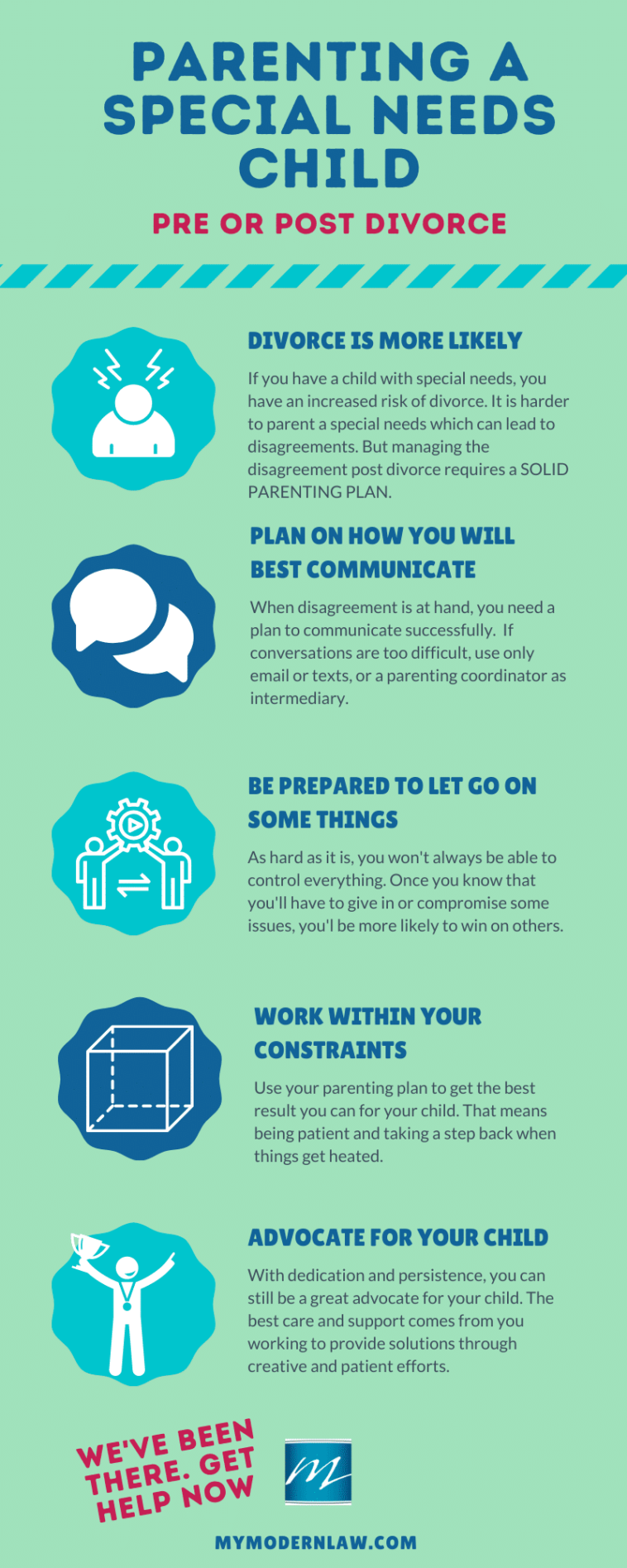 “`html
“`html
Navigating Child Custody for Special Needs Children: A Comprehensive Guide for Parents
When it comes to child custody, the complexities multiply when a child with special needs is involved. In Arizona, and indeed across the nation, these scenarios necessitate a nuanced understanding of the child’s unique requirements. This article will delve into the myriad considerations at play in these cases, offering guidance to parents navigating this challenging terrain.
Understanding Arizona’s Child Custody Laws in the Context of Special Needs
Arizona family courts prioritize the best interests of the child in custody matters, a principle enshrined in ARS 25-403. This statute takes into account various factors, such as the child’s adjustment to their home, school, and community, alongside the mental and physical health of everyone involved. For children with special needs, these considerations become even more critical. The courts must assess how each parent can continually meet the specific needs of their child, overlaying an additional layer of complexity onto custody determinations.
Factors Influencing Custody Decisions for Special Needs Children
In making custody decisions, courts take into account several specific considerations:
- Medical Care: The ability of each parent to either provide or arrange for appropriate medical care, which might include specialized treatments, therapies, and regular appointments with healthcare providers.
- Educational Needs: Evaluating whether a parent can meet the educational requirements of the child, such as special education services and additional tutoring.
- Emotional and Psychological Support: Assessing each parent’s ability to provide emotional stability and psychological support, which may involve therapeutic interventions.
Developing a Custody Plan for a Special Needs Child: Tailored Approaches
Crafting a custody plan for a child with special needs requires a customized approach that transcends the typical parenting plans used in Arizona. A well-developed plan not only addresses the child’s needs but also ensures that these are met consistently, regardless of the parents’ living situations.
Flexibility in Scheduling and Visitation
Integrating flexibility into scheduling is crucial when developing a custody plan for a special needs child. The child may have recurring medical appointments and therapies that necessitate a flexible approach to visitation arrangements. Parents may need to adapt visitation times to accommodate these commitments, ensuring that the child’s routine is maintained seamlessly.
Establishing Clear Communication Protocols
Successful custody arrangements hinge on effective communication between parents. Thus, the custody plan should incorporate clear protocols for information sharing regarding the child’s medical care, educational progress, and any changes in condition. This might include regular check-ins or shared online calendars, fostering a cooperative co-parenting environment.
Specific Provisions and Contingency Plans
A robust custody plan entails specific provisions detailing who handles key responsibilities like medical appointments, medication administration, and therapeutic tasks. Moreover, provisions for managing emergencies are vital, helping parents respond effectively to sudden health issues, thereby ensuring the child’s needs remain consistently met.
Regular Plan Reviews and Necessary Adjustments
Given that a child’s needs may evolve over time, custodial plans should stipulate regular reviews and adjustments. This ensures the plan remains aligned with the child’s changing circumstances, such as starting a new school or undergoing significant medical procedures. Regular review intervals, such as annually, allow both parents to reassess and modify the plan as needed.
The Impact of Special Needs on Custody Arrangements
Custody arrangements often necessitate unique solutions for children with special needs. For example, one parent may be awarded primary physical custody if they are better positioned to attend to daily care requirements. Conversely, the other parent might be granted extended visitation rights to maintain a strong bond with the child. Courts may also include mandates ensuring access to necessary medical equipment or adherence to specific care routines, tailoring the custody arrangement to suit the child’s needs.
How De Novo Law Assists Families with Special Needs Children
At De Novo Law, understanding the intricacies involved in parenting a special needs child, particularly amidst a divorce or separation, is paramount to our approach. Our firm is dedicated to advocating for the child’s best interests while ensuring that parental rights are preserved.
We work with families to develop tailored custody plans, providing expert guidance and support. Whether you seek primary custody, shared custody, or require assistance with parenting plan negotiations, De Novo Law is equipped to help protect the future of your family. For parents facing these challenges, engaging with a legal paraprofessional at De Novo Law can provide clarity and confidence in navigating custody issues involving special needs children.
Schedule a Consultation with De Novo Law Today
If you’re confronting custody challenges involving a special needs child, don’t navigate this journey alone. Contact De Novo Law to set up a consultation with one of our experienced legal paraprofessionals. We offer compassionate and affordable family law services focused on your child’s welfare and the stability of your family dynamic.
Call (480) 660-4414 to speak with our team and learn how we can assist in protecting your family’s future.
Note: The information in this article is for informational purposes only and should not be considered legal advice. For personalized legal assistance, please contact a licensed attorney or legal professional.
“`
Originally Post From https://www.denovolawaz.com/special-needs-child-custody/
Read more about this topic at
How Is a Custody Decision Made for a Special Needs Child?
Divorce and Children with Special Needs

